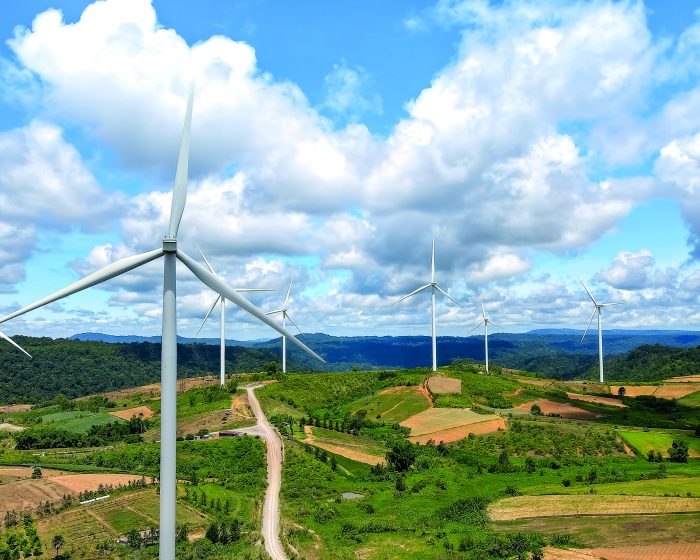Biodiversity and Why It Matters
What exactly is biodiversity?

Why is biodiversity disappearing?
- Changes in land and sea use – modifications of terrestrial and coastal environments by humans.
- Environmental pollution – including chemicals and waste – a major factor reducing biological and ecosystem diversity.
- Habitat loss – through deforestation, wetland drainage, and urbanization.
- Climate change – such as droughts, fires, rising sea levels, and species migrations.
- Direct exploitation of natural resources – e.g., logging or mining.
- Presence of invasive species – foreign species introduced into new ecosystems that compete with native species and disrupt environmental balance.
All of these are directly or indirectly the result of human activity and have serious consequences:
- Species extinction – can disrupt ecosystem functions, affecting both the economy and the lives of local communities.
- Environmental degradation – has long-term effects on global GDP and economic activity.
- Natural environment deterioration – can cause conflicts, exacerbate social inequalities, and threaten public health.

Why is biodiversity conservation so important?
The good condition of Earth’s ecosystems translates into better living conditions and improved health for all its inhabitants. Biodiversity provides essential goods for human well-being, such as food, medicines, energy, and natural resources. On the other hand, a reduction in natural resources can increase geopolitical and social risks and destabilize economies.
Ecosystem functioning affects climate, air and water quality, pollination, seed dispersal, and the control of pests and diseases. Ecosystems determine soil quality, ocean water acidity, and the formation of habitats. The nature around us is a source of physical and emotional experiences, knowledge, inspiration, and a sense of belonging.
Moreover, highly diverse, resilient (“healthy”) ecosystems offer far greater access to essential goods and services – better water retention, improved soil quality, disaster prevention, and carbon dioxide absorption.
Environmental degradation combined with climate change can lead to water shortages and other negative consequences. Droughts related to climate change are further exacerbated by ecosystem destruction, for example, through deforestation.
What can we do?
Actions that can contribute to preventing biodiversity loss can be divided into six areas. Effective implementation of such actions can bring the desired results:
- Developing economic and policy incentives to encourage citizens, businesses, and communities to participate in biodiversity conservation.
- Cross-sector collaboration – contributions and cooperation from government bodies, private sector companies, NGOs, academic institutions, and local communities.
- Education from an early age.
- Developing biodiversity conservation skills and competencies.
- Innovations and unconventional initiatives.
- Making the right decisions – ensuring resilience and reducing uncertainty.
Every voice matters
Biodiversity Day is not just a symbolic date. It is a call to action – both individual and collective. Let’s take care of the Earth, because we do not have a Planet B.
Please look up the Respect Energy and Deloitte report on the impact of business on biodiversity. The report presents real-life examples of biodiversity loss, as well as best practices for biodiversity preservation.
Read also

The economic secrets of RES. What does renewable energy do to our wallets?
Renewable energy sources are a relatively new part of our energy reality and as a result, many myths have grown up around them. In this article, we will take a look at the most commonly asked questions and economic concerns about RES. We will explain their causes and show the costs and benefits of renewables […]

Not only energy – RES as security and economic stability measures
Security is the number one topic these days, and energy security is of paramount importance in this context. If we want our country to thrive, we must have uninterrupted access to electricity, as anyone who has experienced an extended power outage would agree. The issue of energy security has been a challenge in the past. […]

A future in harmony with nature. How RES impact people and the environment.
The development of civilisation is inextricably linked to the improvement of skills in harnessing energy. Since the dawn of time, people have been learning how to harness the power of the sun, wind and water. Thousands of years before our era, the Egyptians were building sailing ships and the first known wind mills were grinding […]




